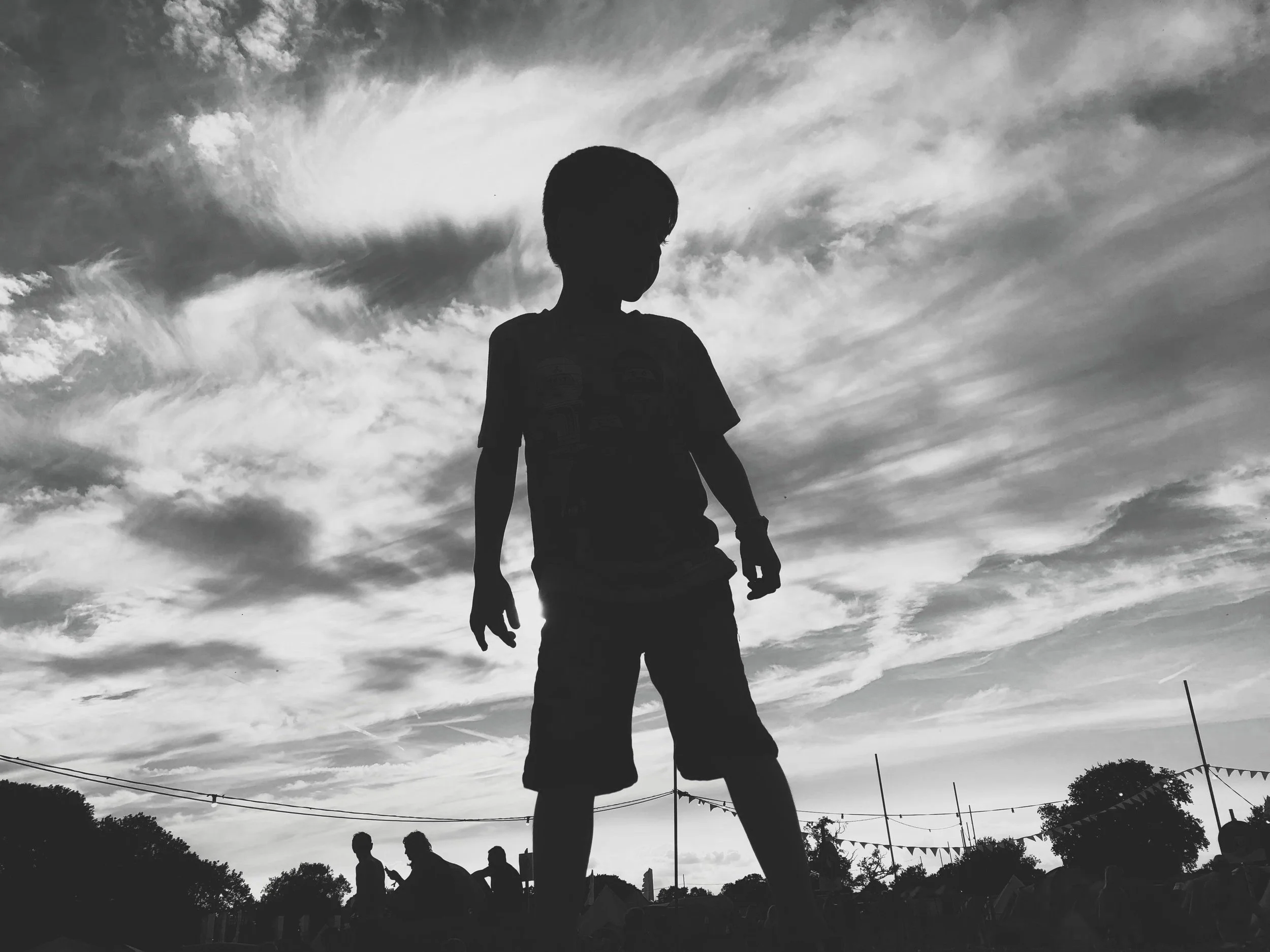
MOTOR SKILLS
MOVEMENT SKILLS
PHYSICAL EDUCATION
We help children build joyful, lasting relationships with physical activity — so they stay active for life.
CHILD-centred
We put children at the heart of everything, shaping experiences around their needs and growth.
COMMUNITY-FOCUSED
We work with schools, parents, and alternative provisions to create supportive networks of care.
OUTCOME-DRIVEN
Evidence‑based practice with outcomes that prove children are thriving in confidence and resilience.
Movement gaps develop when children can’t ‘keep up’ with age-appropriate expectations.
Here’s how they can play out during childhood.
MOVEMENT GAPS
-
Children develop at different rates — but without close support, ‘small’ challenges can go unnoticed or seen as “nothing to worry about”.
-
Many schools don’t have the resources or time to provide targeted movement support when and where it’s most needed.
-
Repeated struggles in PE or playground activities can quietly shape how children see themselves: “I’m just not sporty.”
-
Without early intervention, children who need the most support can fall ‘behind’ their peers and miss developmental milestones — making it harder to re-engage later on.
-
Low movement confidence can become a limiting belief, impacting self-worth, participation, mood and behaviour.
-
Movement struggles can affect focus, behaviour, and readiness to learn — adding pressure for children, their families and schools.
-
Around 10 children in every class leave primary school without basic movement skill competency.
Crucially, movement skills form only one part of physical literacy: psychological, social, and cognitive capabilities are essential enablers required for true, lasting physical engagement. -
A shortage of specialist support means children in alternative provision often see compulsory physical education replaced with general leisure activities.
Few offer frameworks or pedagogy aligned with developmental outcomes.
The sad irony: movement capabilities are closely linked to many of the other challenges these children face—making targeted physical literacy support not just beneficial but essential.
Here’s how we turn our expertise and values into action…
OUR SERVICES
SCHOOLS AND COUNCILS
MOVEMENT MAPping
Our data portal can track a child’s movement confidence and capabilities over time, helping schools and communities close movement gaps.
Rich data collection portal to assess children, classes, and schools over time
Assess a class in 30-minutes
Guides interventions and tracks effectiveness of interventions.
COLLABORATIONS
MOVEMENT PARTNERSHIPS
We collaborate with educational settings to strengthen their offers and reduce disruption for children.
Helping educators build their own sustainable movement programmes.
Reducing disruption by keeping children supported within their setting
SCHOOLS AND
MOVEMENT INTERVENTIONS
We create and deliver one-to-one programmes for children in who need movement support through schools and alternative provision.
One‑to‑one programmes for children struggling with movement
Informed by our own assessments, grounded in physical literacy best practice
Evidence‑based, with measurable outcomes for children, schools, and families
PARENTS AND CARERS
MOVEMENT SUPPORT
Individual movement review for parents and carers to help support a child’s movement journey at home and beyond.
Individual child assessments followed by tailored parent guidance
Practical strategies for home support, bridging school and family contexts
Offered as the practical support arm alongside interventions

OUR MOTIVATION
Children who lack basic movement skills are less likely to stay active into adulthood, increasing their risk of poor physical and mental health."
— World Health Organization, 2020
IN ACTION
How we are already making an impact
A used to struggle to keep up in P.E., lacking basic skills and confidence. When a professional recommended Motion Potential during a school meeting, we connected with Ronny.
Ronny quickly built a strong rapport with A and took him back to basics, delivering engaging sessions with a nurturing yet empowering approach.
Now, A comes home from his weekly 1-2-1 sessions happy and proud, excited to share the new movements he’s learning.
His confidence has soared, and he’s motivated to practice on his own. Plus, he’s eating more healthily, and his BMI has improved — a huge boost for his self-esteem.
Parent
We first heard about Motion Potential through a parent of one of our students who was working with Ronny privately.
We invited Ronny to support some of our students 1-2-1, aiming to enhance their physical development.
Beyond just physical skills, Ronny helped us align outcomes from EHCPs with the evidence-backed benefits of his physical literacy framework — addressing social, cognitive, and psychological needs as well.
This specialist support means our students stay in one provision longer, receive targeted interventions rather than generic ones, and experience more consistent, meaningful progress.
Director of Alternative Provision CIC
About The Founder
Ronny Terry is a sports science professional whose career has evolved from elite sport and community health initiatives to a specialised focus on physical literacy and inclusive movement development.
Health
Initiatives
Co-led NHS-backed exercise programmes improving family health and wellbeing.
Sports
Science
BSc. Sports science graduate from Bath University, top-ranked globally for Sports Science.
Alternative Provision
5 years supporting young people in alternative provision with additional needs.
Professional
Sports
Four years as a performance analyst in professional sport, optimising athlete development.
Physical
Literacy
1-2-1 physical literacy specialist and framework developer approved by LA.
SEN
Support
Short-term role embedded within P.E department to improve physical development outcomes.